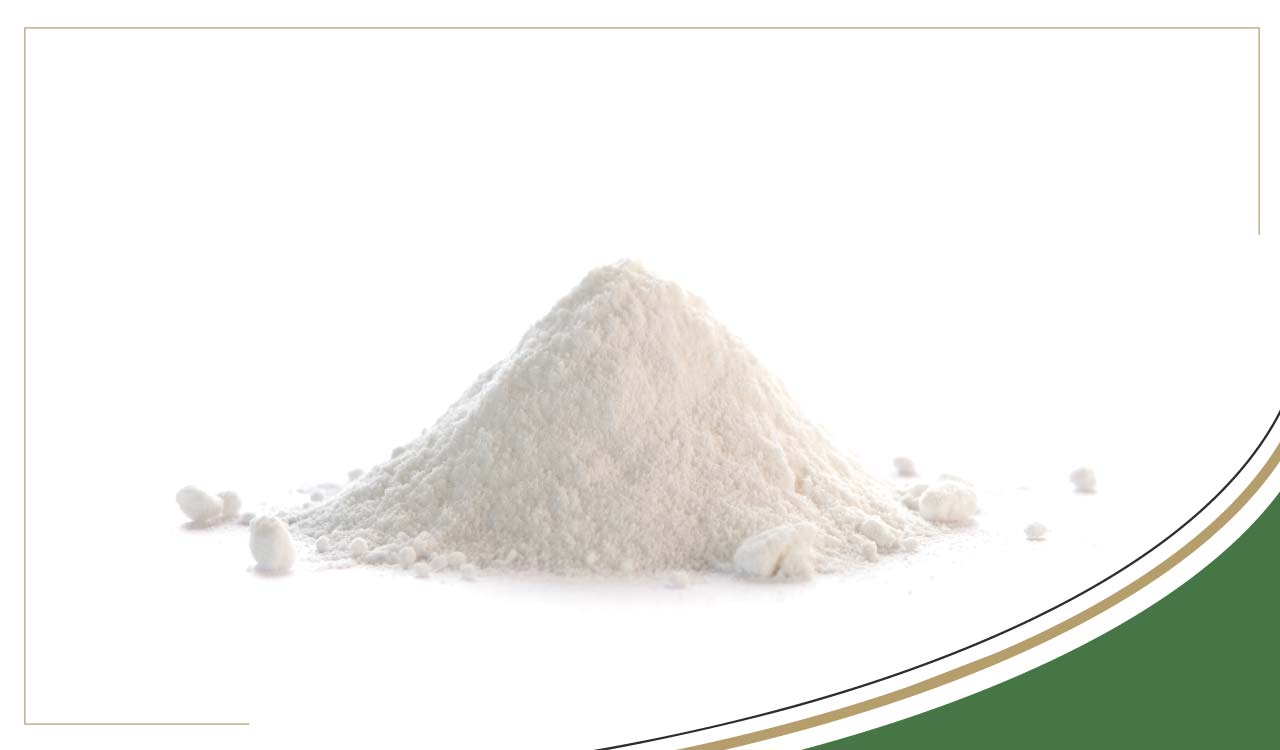Male urinary tract infection (UTI) symptoms, treatment and prevention

Urinary Tract Infections are far less common in men than women. The incidence is particularly low in younger men. Major factors that increase risk of developing a UTI for men are:
- Diabetes, sugar in the urine helps bacteria to thrive.
- Urinary catheters, bacteria can contaminate the system during insertion or may later develop.
- Kidney infection or bladder stones can irritate the bladder and cause blockages.
- An enlarged prostate can also prevent the bladder from emptying fully.
- Weakened immune system caused by chemotherapy, HIV or other disease.
UTI Symptoms / Prostate Problems
You may experience the following symptoms if you have a UTI:
- Pain when urinating.
- Very little urine released despite constant urge to urinate.
- Foul-smelling, cloudy urine.
- Blood may be visible in your urine.
- Pain in your back or abdomen.
- Discharge from the genitalia.
It is important to treat UTI swiftly to prevent long-term damage and scarring to the urinary tract system. If you are experiencing additional symptoms of fever, pain in the abdomen above the kidney, nausea or shivering, seek immediate medical attention as these symptoms indicate serious disease such as kidney infection or septicemia.
Treating UTI & Prostate Problems
- Drink plenty of fluids to flush bacteria and infection out of your system.
- Test your urine at home with Urine Test Strips or see your GP for urine culture and sensitivity testing.
- Most urinary tract infections are caused by E-Coli. Consider supplementing your diet with D-Mannose which attaches to E-Coli and flushes it out of your system.
Preventing UTI & Prostate Problems
- Take showers rather than baths if you are prone to developing bladder infections.
- Avoid bath oils or perfumed products.
- Urinate and cleanse, before and after intimacy.
- D-Mannose can also be used in a smaller dose as a daily preventative to help improve overall bladder health.
- Always drink plenty of fluids and avoid coffee or alcohol until your infection has cleared.
 Free Shipping on orders $110+ AUD
Free Shipping on orders $110+ AUD
 Worldwide Delivery Available
Worldwide Delivery Available
 Read Thousands of Independent Reviews
Read Thousands of Independent Reviews


















